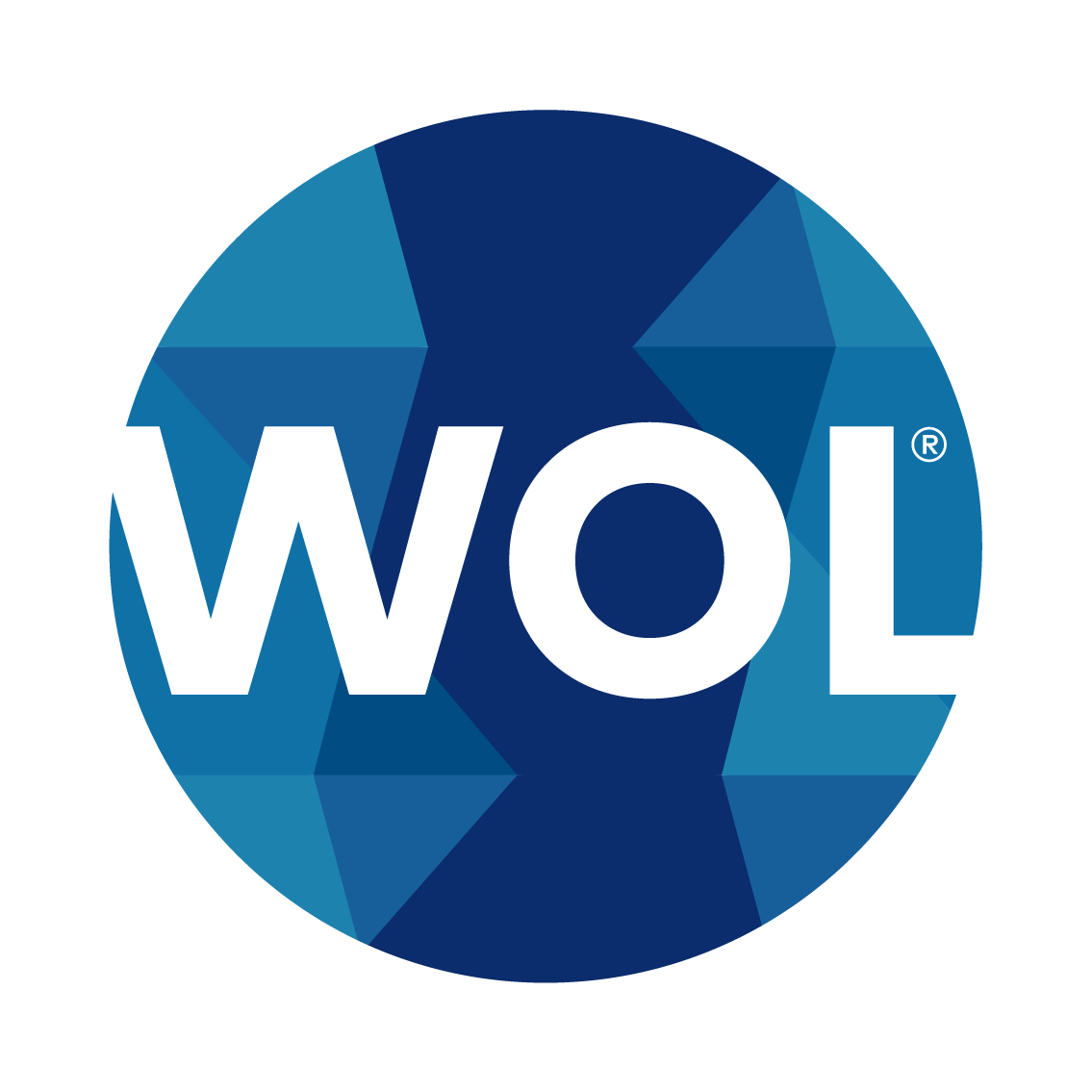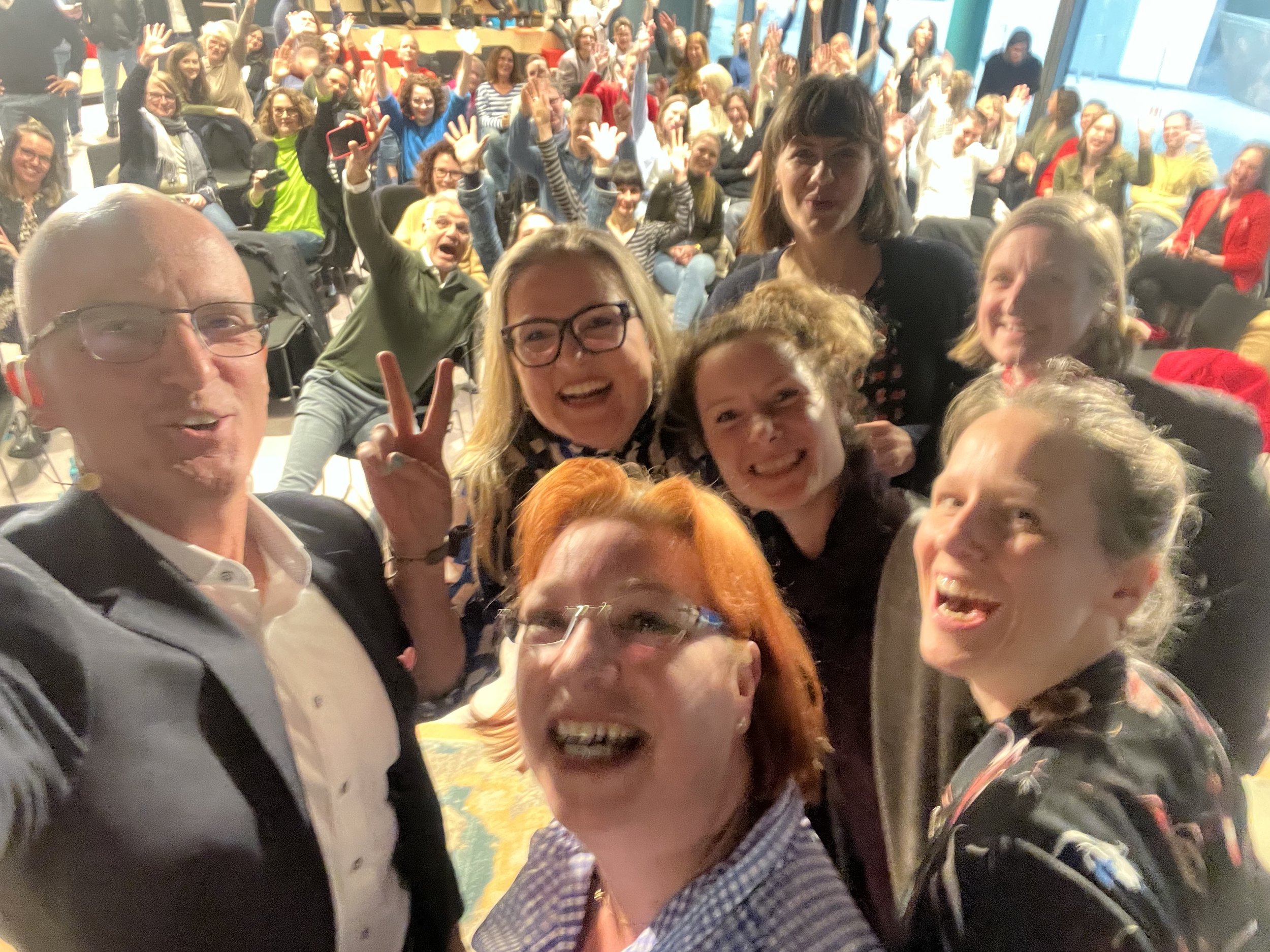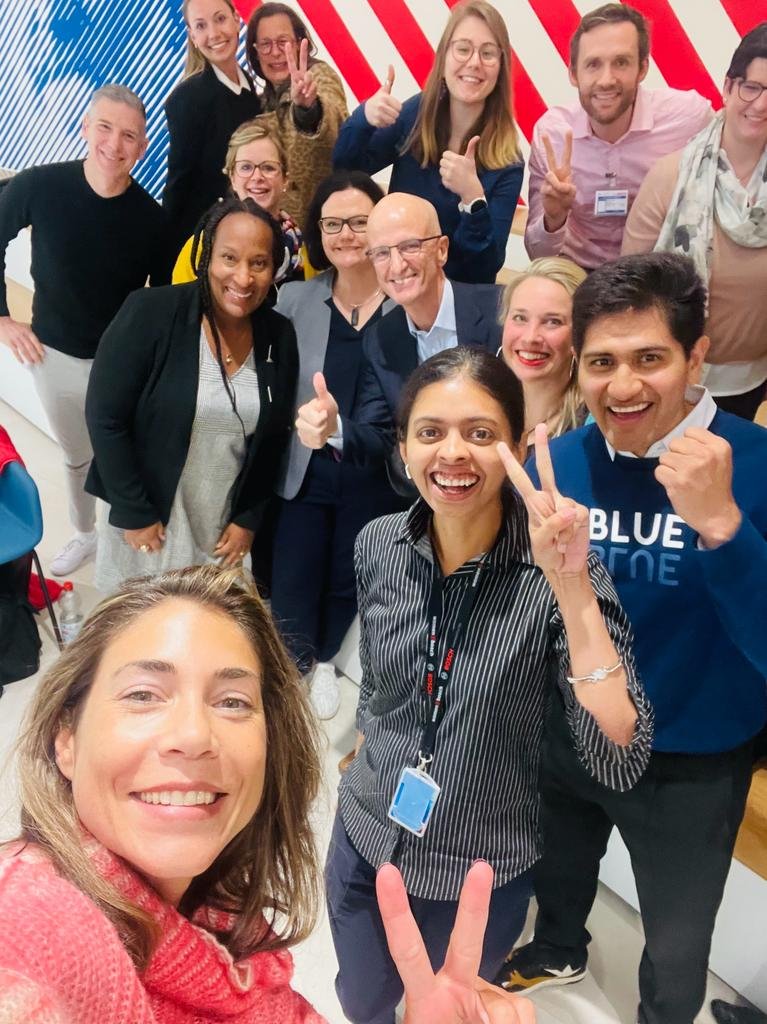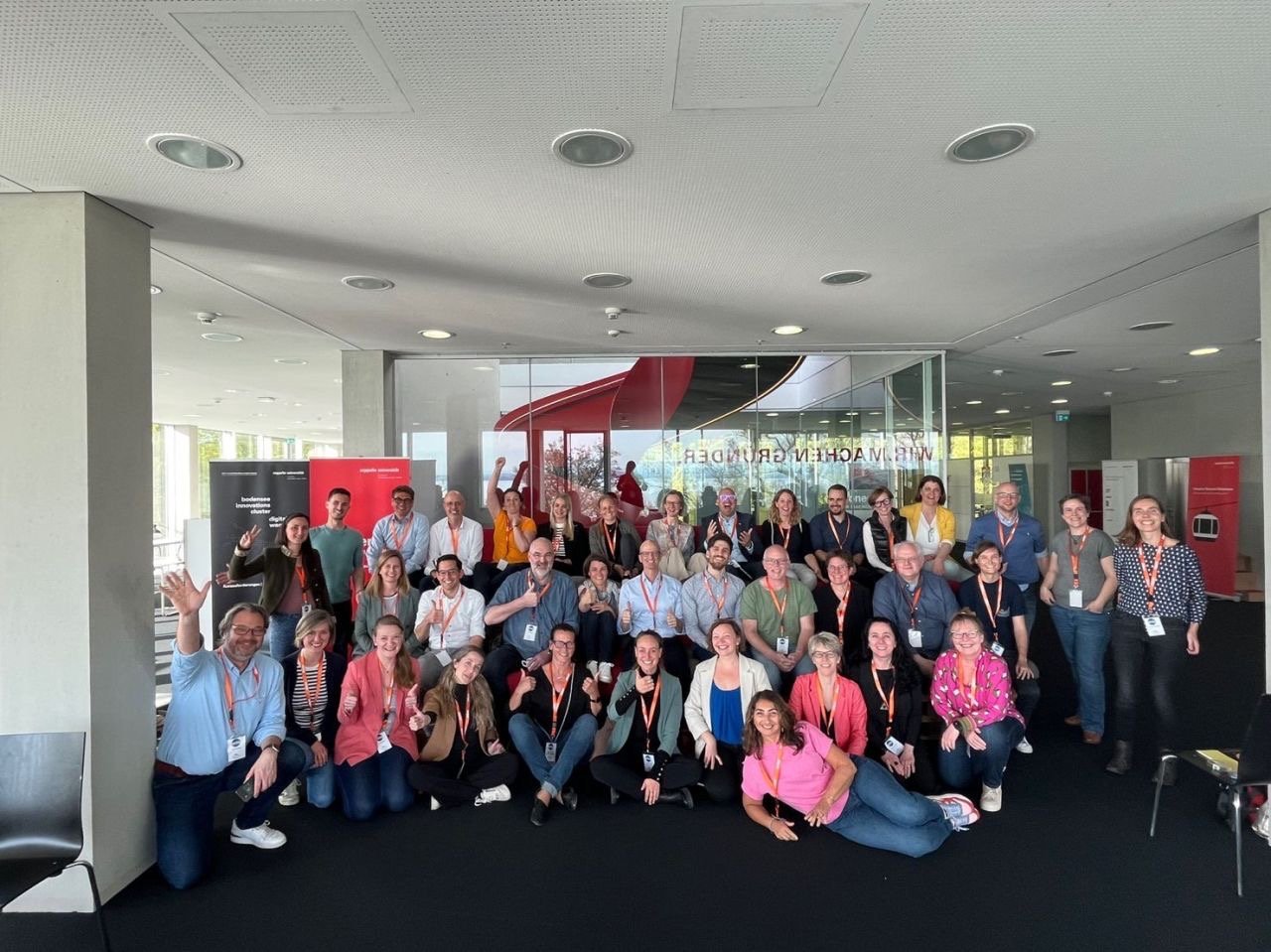What we talked about at four cross-company WOL exchanges
Across four cities in Germany, hundreds of people came together last month to share their experiences spreading Working Out Loud in their companies.
Here’s what we talked about.
An enthusiastic WOL crowd at New WOrk SE in Hamburg
A shared sense of mission
Many of us had never met, or hadn’t seen other each other in person since before COVID. But we instantly connected on our reasons for participating in these events: a desire to help people develop and connect; to build skills as well as relationships; to shape company culture.
Dennis Bensch from Aldi, who attended in Düsseldorf, captured it in a post:
“I am absolutely convinced that we need this appreciative, generous, open and connecting attitude that ‘Working Out Loud’ conveys to us. Perhaps even more in these times than ever before.”
We were, in the words of Tina Schwarz, Head of People and Culture at Bechtle, “united in an exchange about fields of application, cultural development and mindshift.”
Cross-company exchange at Bosch in Stuttgart
Sharing best practices, learning together
Over the course of the four events, companies shared why and how they use WOL, and similar themes came up.
Grassroots vs. Formal Programs: WOL is often introduced inside a company by volunteers who benefited from their own Circle. But companies with formal programs, including sponsors in HR, shared how they tend to have a much easier time reaching more colleagues and getting support for their efforts.
The Importance of Use Cases: One benefit of formal programs is that they focus on specific audiences and known challenges, and offer WOL as a method to address those challenges. That’s much easier than a grassroots effort promoting WOL for its own sake. Top use cases include female empowerment, on-boarding, talent development, and crossing silos (e.g., trying to create a “one company” culture) where building networks and collaborating are obvious needs.
The Power of Role Models: “Show don’t tell” is good advice for demonstrating the benefits of WOL. At Bechtle, for example, they showcase employees who benefit from working in a way consistent with WOL. The many diverse stories normalize WOL behaviors and make it easy for more colleagues to see how “people like me do things like this.”
Scaling with Mentors/Ambassadors: By training colleagues in different locations and divisions, some companies are able to decentralize their WOL efforts and support more people. At Bosch, for example, WOL for female empowerment is led by a colleague in Bangalore and has spread to more than 1000 colleagues. WOL for Teams is led by a colleague in Shanghai, and WOL for talent development is led from Stuttgart.
Cross-company exchange at C&A in Düsseldorf
New methods and new ways of collaborating
At each event, participants were especially interested in what was new. How has WOL evolved and developed recently?
In Stuttgart, Florian Titz at Siemens shared their experience with WOL for Teams, as did Sebastian Arens from Telekom. In Friedrichshafen, a breakout group explored WOL Healthcare and WOL Shop Floor. Elian Lieb at SWR described her company as “three WOL years old” and shared their recent experience with WOL Resilience.
“We were the first to go through the WOL Resilience program in German. 91% of our participants recommend it.”
Companies also discussed ways to actively work together. This ranged from forming cross-company WOL Circles to a new program called “Science meets Industry.” Both of these initiatives will take place this Fall.
Cross-company exchange at Zeppelin University in Friedrichshafen
“The WOL Spirit”
In Hamburg, Michael Trautmann, co-creator of the widely-known On the Way to New Work podcast and book, spoke eloquently of WOL as a fundamental skill underpinning modern work. Sebastian Arens agreed:
“When complexity is the problem, networking is the answer. At Deutsche Telekom, we believe that #wol helps our employees to develop successfully in a connected world of work.”
And beyond the skill, participants spoke about a feeling—a "WOL Spirit"— that Dennis from Aldi described as" “an appreciative, generous, open and connecting attitude.”
Linda Fromme, the first person to implement WOL Healthcare inside an organization, wrote about that feeling—and how it drives her to help others.
“I felt the WOL spirit and I believe that WOL is able to transform a culture - even in our health care system. I will fight for the mission of WOL that everyone deserves a chance to make the most of all they have to offer. Since I took part at my first circle my professional life is more meaningful and full of options.”
To be continued…
The four events were made possible by the generous efforts and hospitality of many people. Special thanks to Erick Alexandre Gonzalez Morales at Bosch, Lilian Brauwers and Sarah Rehberg at C&A, Michael Chahabi at New Work SE, Katja Völcker (she/her) at Blum, Elisabeth Lindt at Zeppelin University, and Katharina Krentz, Sophia Rödiger, Stefanie Moser, and Bernd Schmid.
We are looking forward to more community events like these in the future. The next one is at the COPETRI conference in Frankfurt on May 22nd. Hope to meet you there.
The "WOL Spirit" in action: Sharing WOL Birthday Cake in Hamburg!
Note: this post also appears on LinkedIn.







